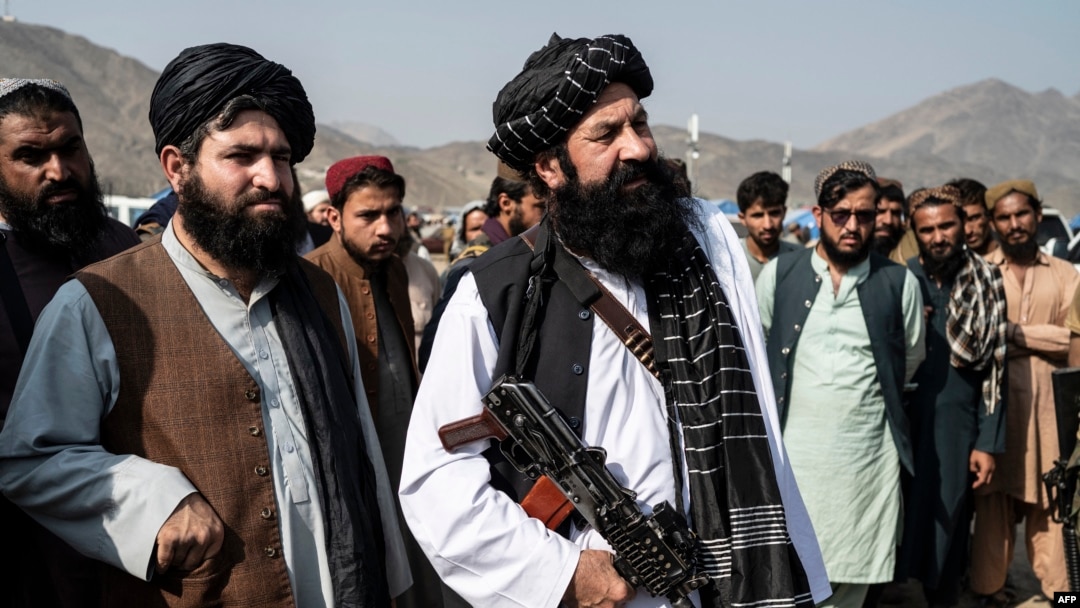ISLAMABAD (AP) — Authorities have stepped up arrests of Afghan citizens in Pakistan’s capital and a nearby city in an effort that the Afghan Embassy in Islamabad described on Wednesday as a push to force the expulsion of all Afghan refugees from the country.
Pakistan’s foreign ministry promptly dismissed the allegation, saying that the authorities were only trying to facilitate conditions for the swift return of Afghans to their home country.
Pakistan has long threatened to deport Afghans living in the country illegally.
Separately, Pakistan’s Prime Minister Shehbaz Sharif last month approved a March 31 deadline to deport those awaiting relocation to third countries unless their cases are swiftly processed by the governments that have agreed to take them, according to a document obtained by The Associated Press.
More than 800,000 Afghans have returned home or have been expelled by force from Pakistan since 2023, according to the International Organization for Migration, a U.N. agency that tracks migrations.
In a strongly worded statement on Wednesday, the Afghan Embassy — which represents the Taliban-run government of Afghanistan — criticized “the short time
Afghans in Islamabad and the nearby garrison city of Rawalpindi have been subjected to arrests, searches, and orders from police to leave the two cities and relocate to other parts of Pakistan, the embassy said.
It further claimed that for all Afghans, “expulsion is imminent” — something the embassy said Pakistani authorities had not communicated to Kabul “ through any formal correspondence.”
More than half a million Afghans who fled the Taliban takeover of Afghanistan in 2021 have been living without papers in Pakistan, thousands of them waiting for resettlement in the United States and elsewhere.
There are also some 1.45 million Afghan refugees, registered with the U.N. refugee agency, most of whom fled during the 1979-1989 Soviet occupation of their country. Last July, Pakistan extended the stay of refugees registered with the UNHCR until June 2025, saying they will not be arrested or deported at least until the extension expires.
Sharif’s January decision appears to be a reversal of that extension and followed a widely criticized anti-migrant crackdown by his government targeting anyone without valid documentation regardless of nationality, according to Pakistani authorities.
Ultimately, the embassy said, “Pakistan’s Ministry of Foreign Affairs confirmed that there is a definitive and final plan to deport all Afghan refugees not only from Islamabad and Rawalpindi but also from the entire country in the near future.”
Pakistan foreign ministry defended its stance on Wednesday.
“While Pakistan has done what it could, we expect … Afghan authorities to create conducive conditions so returnees are fully integrated in Afghan society,” it said.
After President Donald Trump paused U.S. refugee programs last month, around 20,000 Afghans who were awaiting resettlement in Pakistan are now in limbo.
Ahmad Shah, a member of an Afghan advocacy group, urged Pakistan on Wednesday to allow Afghans waiting for relocation to continue living in Islamabad — at least until the Trump administration makes a final decision about their fate.
He said it would be hard for them to visit Western embassies in the Pakistani capital if they are forced to move to other areas.
 Afghanistan Peace Campaign
Afghanistan Peace Campaign



